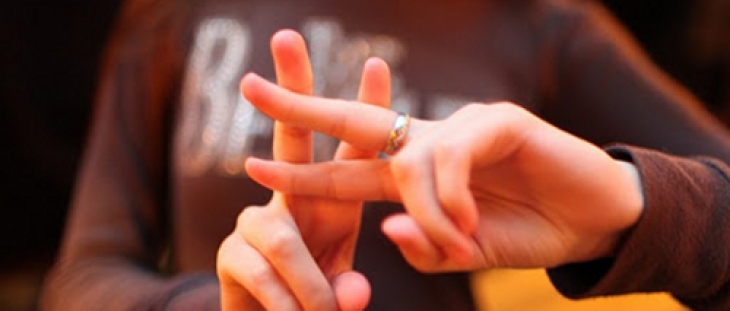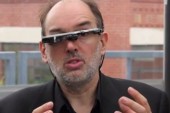
Of all the places you might expect to find an angry rant about how internet-y trends are ruining things, popular and irreverent tech blog Gizmodo isn’t high on the list. But that’s precisely where writer Sam Biddle contributed his take to the tired “English is being ruined by technology” genre when he argued that the hashtag is destroying the language.
Hashtags, for the non-Twitterers amongst you, developed from the use of hashmarked words on Twitter that either list a topic (like, say, #cdnpoli for Canadian politics) or add a little bit of extra information to the end of a tweet. Like many conventions on Twitter, they were invented by users, but soon became built into the service. Clicking on a hashtag now finds all the other tweets that have used the same keyword.
The problem, the Gizmodo writer argues, is that hashtags are often used poorly. Pointing to the wide use of Charlie Sheen’s #winning hashtag, or the snarky #notgonnalie, Biddle suggests that these little additions offer little and are confusing and misleading, not to mention annoying. For Biddle, Hashtags are just one more way in which people are misusing and abusing language, muddying what was once simple and understandable prose.
But just because hashtags are used “badly” by some people, doesn’t necessitate their elimination. Something similar could be said for semi-colons or exclamation marks, too, but that doesn’t mean people should stop using them, especially since hashtags are a relatively new addition to online writing. And just like “bad” spelling and punctuation can be creative in their incorrect use, so too can hashtags.
More to the point, because Twitter is a messy, non-linear network of information, hashtags are a way to filter and connect, zeroing in on a topic from the millions of tweets out there. When Biddle suggests that we “now stick hashtags in our digital statements because we think that might validate them as part of this new, mangled syntax,” he totally misses the power of the hashtag to aggregate and sort through a form of networked writing very unlike the straightforward, bookish prose Biddle so seems to idolize.
But just as many wary technophobes argued about the emoticon, the real point here is that people who are skilled with language shouldn’t need the additional information. Hashtags are what Biddle calls “a lazy reach for substance,” an attempt to add another layer of meaning without the hard work of crafting a perfectly cogent, concise 140 character aphorism. While certain people do it right, our saviour of language argues that for most, hashtag use is “broken and gratuitous.”
It’s nice that Biddle thinks he’s officially decided what is and is not “lazy substance,” but I think it’s actually Biddle’s baseless elitism and condescension that is truly lazy here. The demand that “regular ole words are enough” belies a complete misunderstanding of how culture and language have been changed by both the web and recent history.
A combination of the kaleidoscopic urban diversity and a media-saturated life mean we are exposed to infinitely more perspectives than we once were. Our cultural context is what Freud might call overdetermined: given a seemingly infinite array of interpretations, words and images mean many things all at once.
Adding in an extra bit of information to a tweet isn’t wrong or a marker of a lack of skill with language. It’s just indicative of a situation where meaning is a lot less stable than it used to be. Hashtags help because, in the face of a million ways of taking a phrase, they help pin things down a bit, articulating the cultural and subcultural context of a tweet in a way that wouldn’t otherwise be possible. Only someone pining for the loss of one way of thinking and one interpretation could argue that certain people are using language right and that this new form of doing things is an aberration.
What we actually need to be wary of isn’t that hashtags are corrupting a once pure and pristine language, robbing it of complexity and subtlety. We should be worried about the narrow, reactionary views that hold up the past as the ideal and, in the process, miss the unique needs and character of networked writing online.














